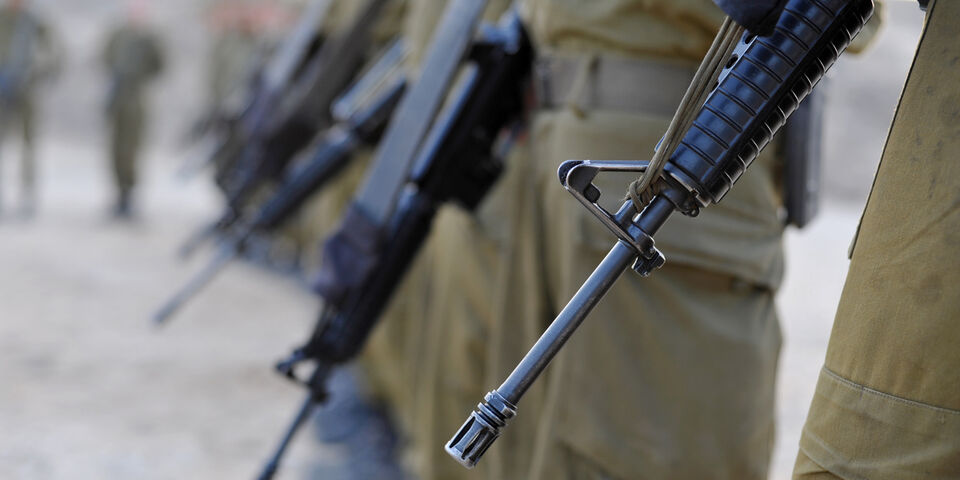TU/e participates in EU project with Israeli commander
TU/e is participating in a European research project that also involves an Israeli professor and military commander, according to research by Investico, Trouw, and De Groene Amsterdammer. The university says it was not aware of Kvatinsky’s military role.
TU/e is taking part in the European project REACT, which trains PhD candidates from various participating countries, including one from TU/e. They are working on a neuromorphic platform, a type of “self-aware” computing system. The project is scheduled to start on November 1 and is coordinated by the University of Groningen (RUG).
A project partner is the Israeli university Technion, represented by Professor Shahar Kvatinsky. His CV shows that, in addition to being a scientist, he is a lieutenant colonel and reservist in the Israeli military. According to the research by Investico, Trouw, and De Groene Amsterdammer, Kvatinsky has served multiple times as a reservist in Gaza and Lebanon since October 2023.
On social media, Kvatinsky has posted messages and photos in military uniform, sometimes alongside Israeli Prime Minister Netanyahu. In January 2024, his name also appeared on a letter from Israeli officers calling to block humanitarian aid to Gaza.
Military role
TU/e does not go into detail regarding the professor’s role in the Israeli military or the potential implications for the project. However, the university told the investigative journalists that it was not aware of Kvatinsky’s military involvement. According to TU/e, ‘It is unfeasible to carry out a background check on every individual participant in such a large project.’
Kvatinsky himself has stated that the research project has only civilian objectives, and that he keeps his military duties strictly separate from his scientific work. Experts warn, however, that the civilian technology developed within REACT could also have military applications.
Suspension
RUG said it was shocked by the news and decided today to withdraw from the REACT project indefinitely. 'This new information gives reason to submit this research collaboration - particularly with regard to possible dual-use concerns - to the Knowledge Security and Sensitive Partnerships Advisory Team. Until this team has issued its advice on the matter and a decision has been made, we are suspending our participation in the project.' the university stated on its website.
It is not yet clear whether TU/e plans to do the same. In June, TU/e announced the creation of a committee to assess sensitive collaborations. As far as is known, this committee is not yet operational. Earlier, TU/e told that the REACT project with Technion could continue, despite the university freezing all “institutional collaborations” with the Israeli university.
Institutional collaboration
At TU/e, responsibility for Marie Skłodowska-Curie Actions (MSCA) projects, such as REACT, lies with the faculties. For this reason, the university does not classify them as institutional collaborations. “We have only one institutional collaboration with Technion: our cooperation within Eurotech,” a spokesperson said. That collaboration is now frozen.
MSCA projects focus on the training and development of researchers in specific fields. According to the spokesperson, TU/e does not come into direct contact with Shahar Kvatinsky in the execution of the project. Still, although such projects are divided into different work packages, knowledge is shared internally, and all consortium members contribute to the joint objectives.
Update: Shortly after this publication, TU/e stated that it sees no reason to take any action regarding this project. The university pointed out that the University of Groningen has a different role in the project than TU/e, and therefore a different relationship with the participating parties.
This article was translated using AI-assisted tools and reviewed by an editor.


Discussion